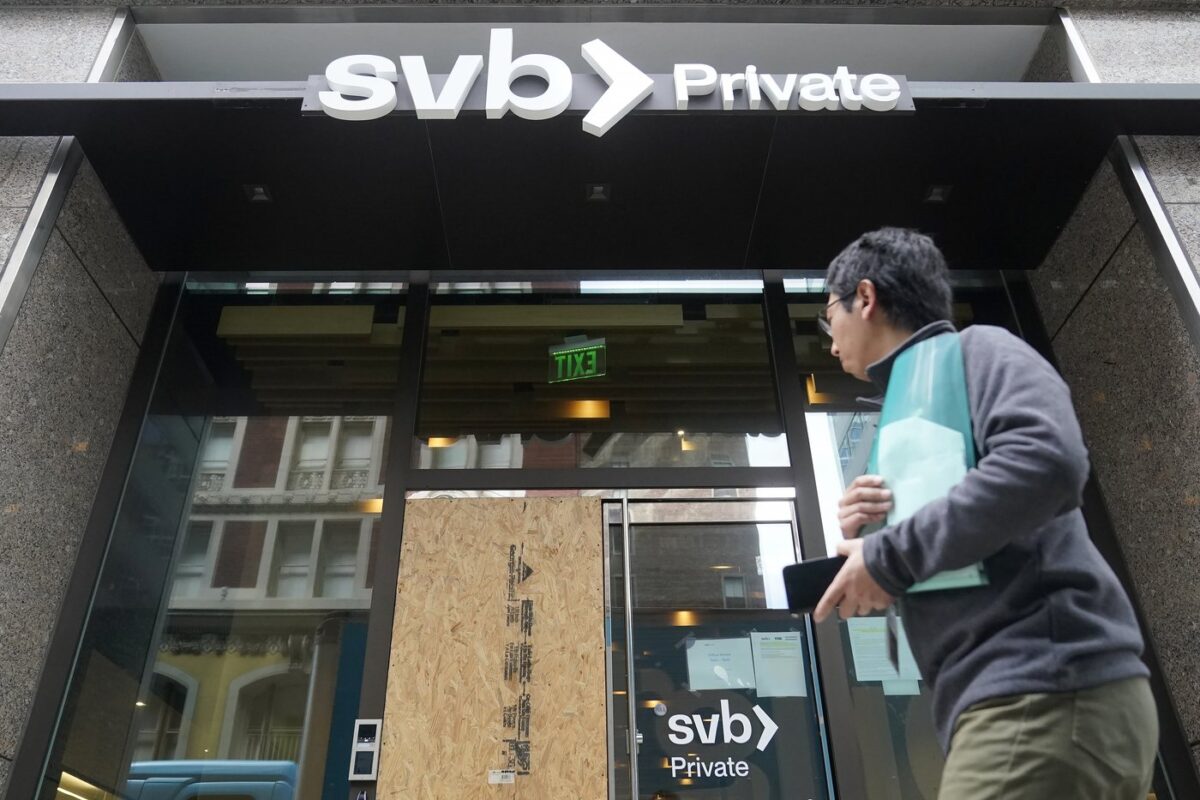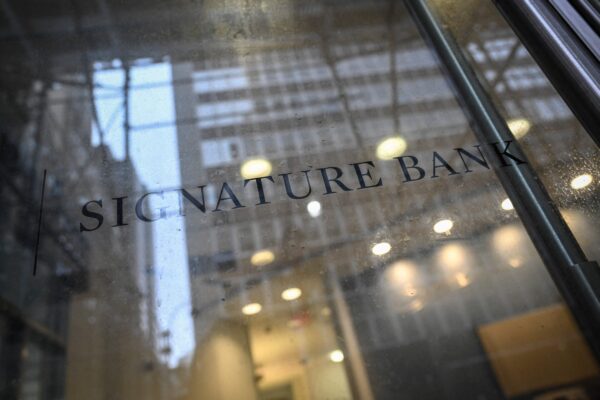


The nation’s largest banks could face billions in “special assessments” to recover the costs of bailing out uninsured depositors at Silicon Valley Bank and Signature Bank, the Federal Deposit Insurance Corporation (FDIC) proposed.
In order to bail out SVB and Signature in March, the FDIC invoked the “systemic risk exception,” allowing it to cover all bank deposits, including uninsured accounts that exceeded the $250,000 limit. However, under the law, the FDIC is required to recover the costs of the bailouts by slapping a special assessment on banks.
Since the start of the banking crisis in March, there have been widespread concerns on both sides of the aisle that small financial institutions would be required to cover the costs associated with depleting the Deposit Insurance Fund (DIF). As a result, FDIC officials estimate it will cost $15.8 billion to shield all depositors at the two failed banks, down from the previous projection of $22.5 billion.
The final cost of the special assessment will be based on the ultimate tally of the losses the DIF incurred.
According to the FDIC’s proposal, the largest banks with at least $50 billion in total assets would pay more than 95 percent of the special assessment to cover the hole in its insurance fund.
“In general, large banks with large amounts of uninsured deposits are the principal beneficiaries of the systemic risk determination,” said Michael Spencer, FDIC associate director at the Financial Risk Management Branch. “The largest banks also benefited the most from the stability provided to the banking industry under the systemic risk determination.”
If the FDIC board adopts the measure, 113 banking organizations will pay something, while most of the remaining 4,500 entities will not pay anything. However, according to data from the Federal Reserve, 45 banks possess more than $50 billion in assets.
Under the plan, banks would pay a 0.125 percent annual rate on uninsured deposits over $5 billion. The first payment would occur in the second quarter of 2024, and the charges would be collected over eight quarters. This structure was determined to maintain sound liquidity conditions in the banking system.
“Defining the assessment base in this way would effectively exclude most small banks from the special assessment,” FDIC Chairman Martin Gruenberg said in a statement.
After it is adopted, the rule will be transferred to a comment period of 60 days and go into effect in the first quarter of 2024.
Regional banks came under pressure during the May 11 trading session. PacWest Bancorp plunged as much as 25 percent after the bank confirmed in a securities filing that deposit outflows resumed in the first week of May, falling 9.5 percent.

